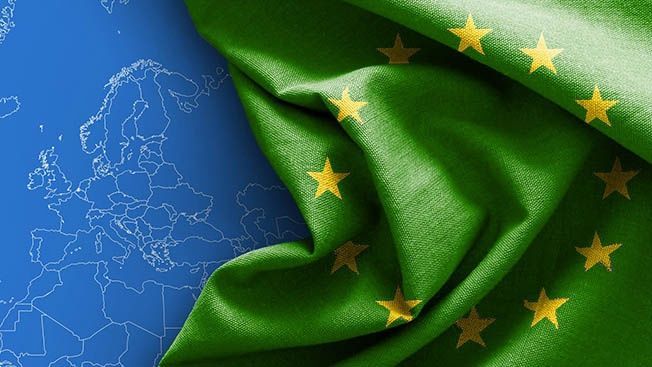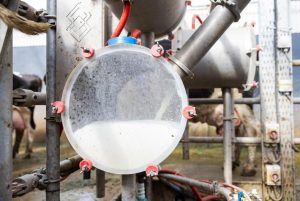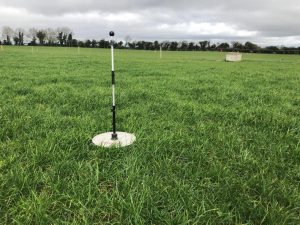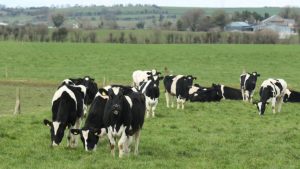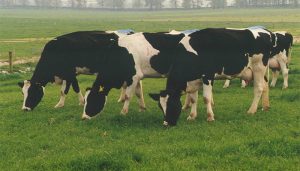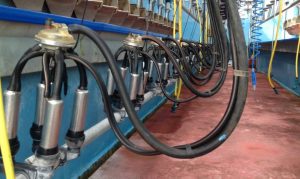
A recently published report by Rabobank, titled “What’s the Green Deal for farmers in the EU?,” anticipates challenges for the national dairy sectors in Ireland and Denmark regarding current nitrates derogations. The report highlights that farmers across the European Union (EU) will face increased regulations aimed at making agriculture more climate and environmentally friendly.
The Green Deal, along with strategies such as Farm to Fork, Fit for 55, and the Biodiversity Strategy for 2030, is expected to have a major impact on European agriculture. The legislation and action plans arising from these initiatives could pose challenges for farmers in meeting strict targets related to greenhouse gases (GHG), water quality, pesticide use, and biodiversity.
Barend Bekamp, specialist in food and agriculture at Rabobank, emphasized the need for farmers to adapt their practices to comply with European legislation. While policies on GHG emissions, water quality, and biodiversity will affect all agricultural sectors, policies on antimicrobials and animal welfare are likely to impact only livestock and dairy farmers.
The EU has set ambitious targets, such as a 50% reduction in pesticide use, which may pose challenges for farmers. The report emphasizes that policies centered around GHG emissions will have the highest impact on farmers in the EU.
One immediate challenge identified is related to The Water Frame Directive, which aims to achieve “good” status for all bodies of surface water and groundwater in Europe by 2027. Farmers may need to intensify efforts to prevent and reduce water pollution from nitrates and pesticides.
The report also suggests that dairy farmers, particularly those with operations on peat soil in countries like the Netherlands, Germany, and Ireland, may need to adopt practices to reduce nutrient losses, such as fewer livestock units per hectare, emissions reduction, and the rewetting of drained peatlands. Rabobank sees the restoration of peatlands as crucial for biodiversity, water quality, and soil health.
In conclusion, the report indicates that sales volumes of pesticides, fertilizers, and antimicrobials are expected to drop as EU regulations tighten. Arable farmers may face challenges related to water quality, pesticide use, and biodiversity and nature, which can be addressed through practices such as reducing nutrient losses, using integrated pest management, and implementing landscape features.
